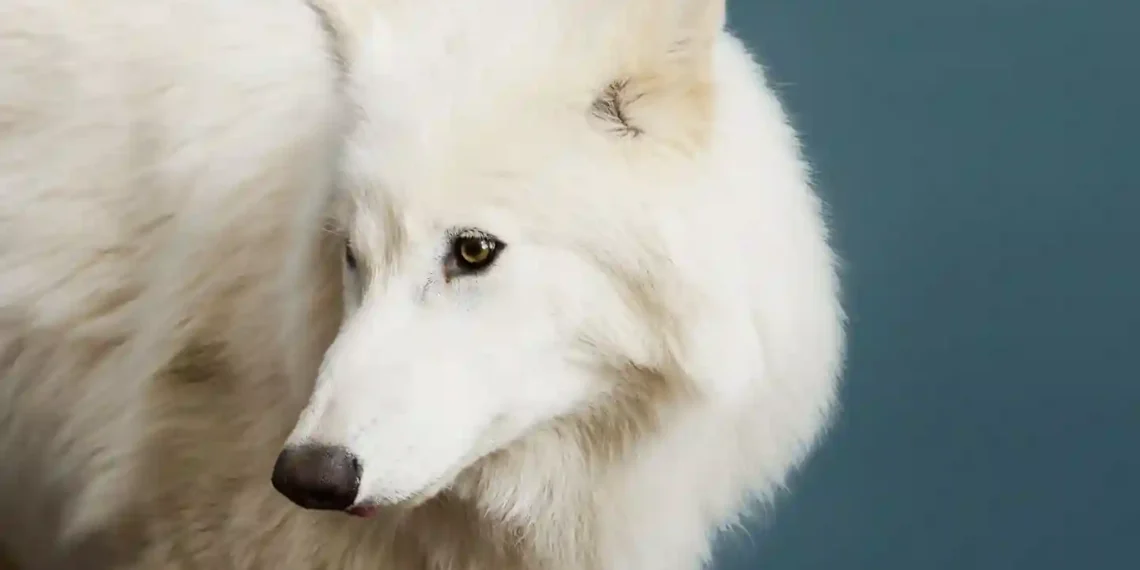The Dire Wolf Returns: A Leap in De-Extinction Science
In a groundbreaking achievement, Colossal Biosciences has successfully brought the dire wolf back to life—a species that vanished over 10,000 years ago. Utilizing advanced genetic engineering techniques, scientists have recreated the dire wolf genome, leading to the birth of three pups: Romulus, Remus, and Khaleesi. These pups are being raised in a secure, undisclosed 2,000-acre wildlife preserve, where their development is closely monitored to understand the implications of de-extinction. citeturn0news14
The revival process began with the extraction and analysis of DNA from ancient dire wolf remains. Scientists identified 20 key genetic differences between dire wolves and their closest living relatives, gray wolves. Using endothelial progenitor cells (EPCs) from gray wolves, researchers edited these genes to reflect dire wolf characteristics. The edited nuclei were then implanted into surrogate dogs, resulting in the birth of the three healthy dire wolf pups. citeturn0news13
Colossal Biosciences, founded in 2021, is at the forefront of de-extinction efforts. Beyond the dire wolf, the company aims to resurrect other extinct species such as the woolly mammoth, Tasmanian tiger, and dodo. These endeavors are not solely about bringing back lost species but also about applying genetic technologies to conserve endangered animals. For instance, Colossal is working to increase genetic diversity in species like the pink pigeon to combat inbreeding. citeturn0search0
While Colossal’s achievements are hailed as scientific milestones, they raise significant ethical and ecological questions. Concerns include potential ecological disruptions, animal welfare issues, and the unforeseen consequences of reintroducing species into modern ecosystems. Critics argue that these efforts might divert attention and resources from conserving currently endangered species and their habitats.
Colossal Biosciences continues to push the boundaries of genetic engineering and de-extinction. With substantial financial backing and collaborations with conservation organizations, the company is poised to make further advancements in species restoration and biodiversity protection. As these efforts progress, ongoing dialogue about the ethical implications and ecological impacts remains crucial to ensure that such scientific endeavors benefit both humanity and the natural world.
This article was rewritten by JournosNews.com based on verified reporting from trusted sources. The content has been independently reviewed, fact-checked, and edited for accuracy, neutrality, tone, and global readability in accordance with Google News and AdSense standards.
All opinions, quotes, or statements from contributors, experts, or sourced organizations do not necessarily reflect the views of JournosNews.com. JournosNews.com maintains full editorial independence from any external funders, sponsors, or organizations.
Stay informed with JournosNews.com — your trusted source for verified global reporting and in-depth analysis. Follow us on Google News, BlueSky, and X for real-time updates.














